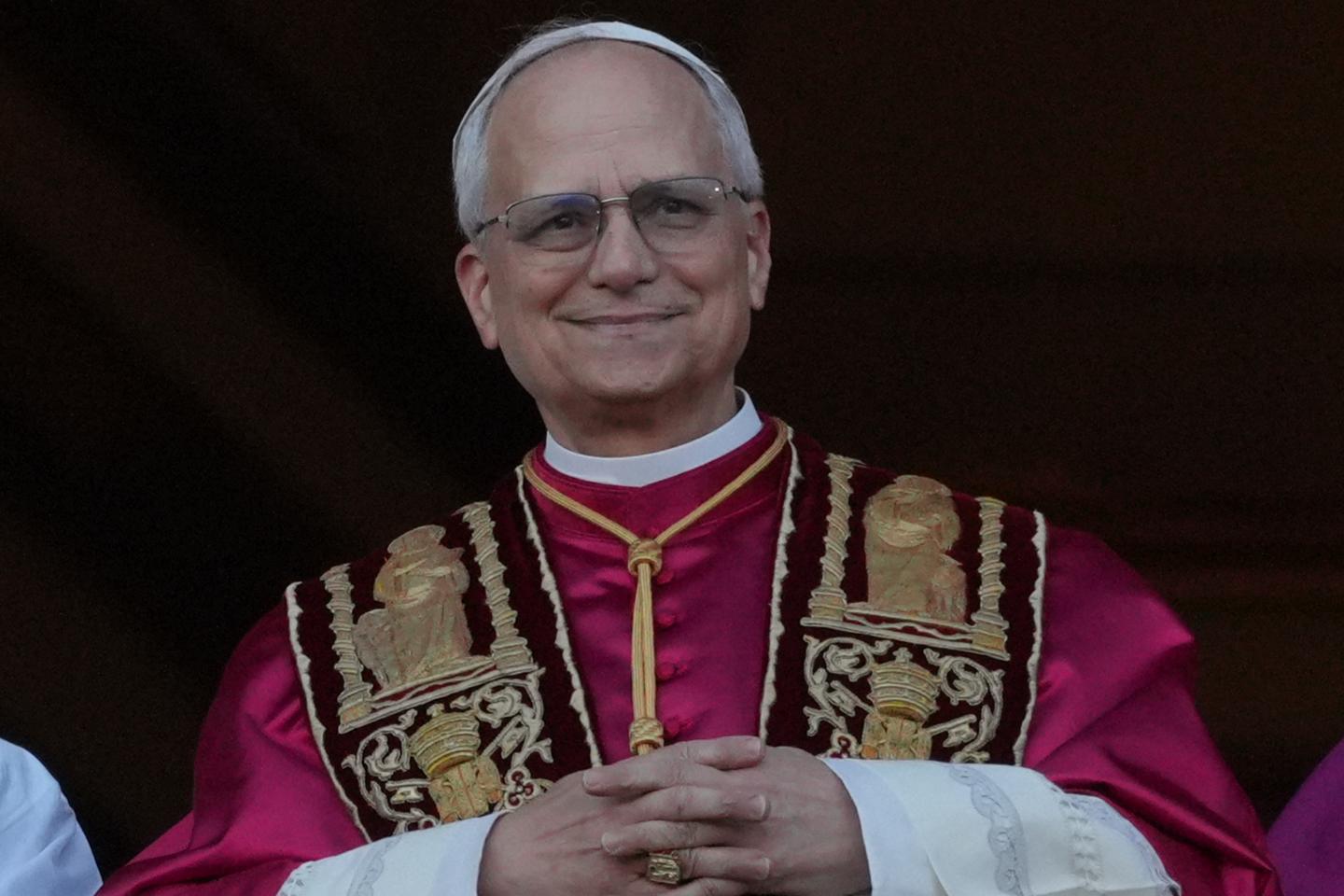


When he became pope on May 8, Leo XIV, like his predecessors, had to take on the long and complex history of the Catholic Church. The apostolic exhortation Dilexi te ("I have loved you"), released today, is his pontificate's inaugural document and marks how he positions himself within that history.
First, the continuity with the pontificate of Francis is clear, as Leo XIV completed and published a document prepared by his predecessor; its title even echoes that of the fourth and last encyclical by the Argentinian pope, Dilexit nos ("He has loved us").
Above all, Leo XIV rereads the entire history of Christianity, from the Hebrew Bible to recent decades, through the lens of attention paid to the poorest. The text features inspiring figures – Augustine of Hippo, Francis of Assisi – as well as countless anonymous Christians, "men and women (...) who embodied a Church forging ahead in new directions."
This rereading serves a purpose: The pope is calling on the Catholic Church to live up to its own history by pursuing a genuine, primary commitment alongside the poor. The relationship the pope maintains with the history he recounts, in which he situates the commitment of women as much as men, is not neutral; as he explains, the Catholic Church is bound by this history. Such conviction navigates a path between two opposing sides, both criticized repeatedly in the document.
Double condemnation
On one side, ultraliberalism is targeted through reflections on the accumulation of wealth, the cult of individual success or market freedom. The pope's arguments are less economic than anthropological; he denounces illusory beliefs such as trickle-down economics, as well as a willful blindness that makes it hard to be alarmed by inequalities that become "dramatic imbalances." The pope's words are biting: He refers to "the growth of a wealthy elite, living in a bubble of comfort and luxury, almost in another world compared to ordinary people."
You have 63.57% of this article left to read. The rest is for subscribers only.
